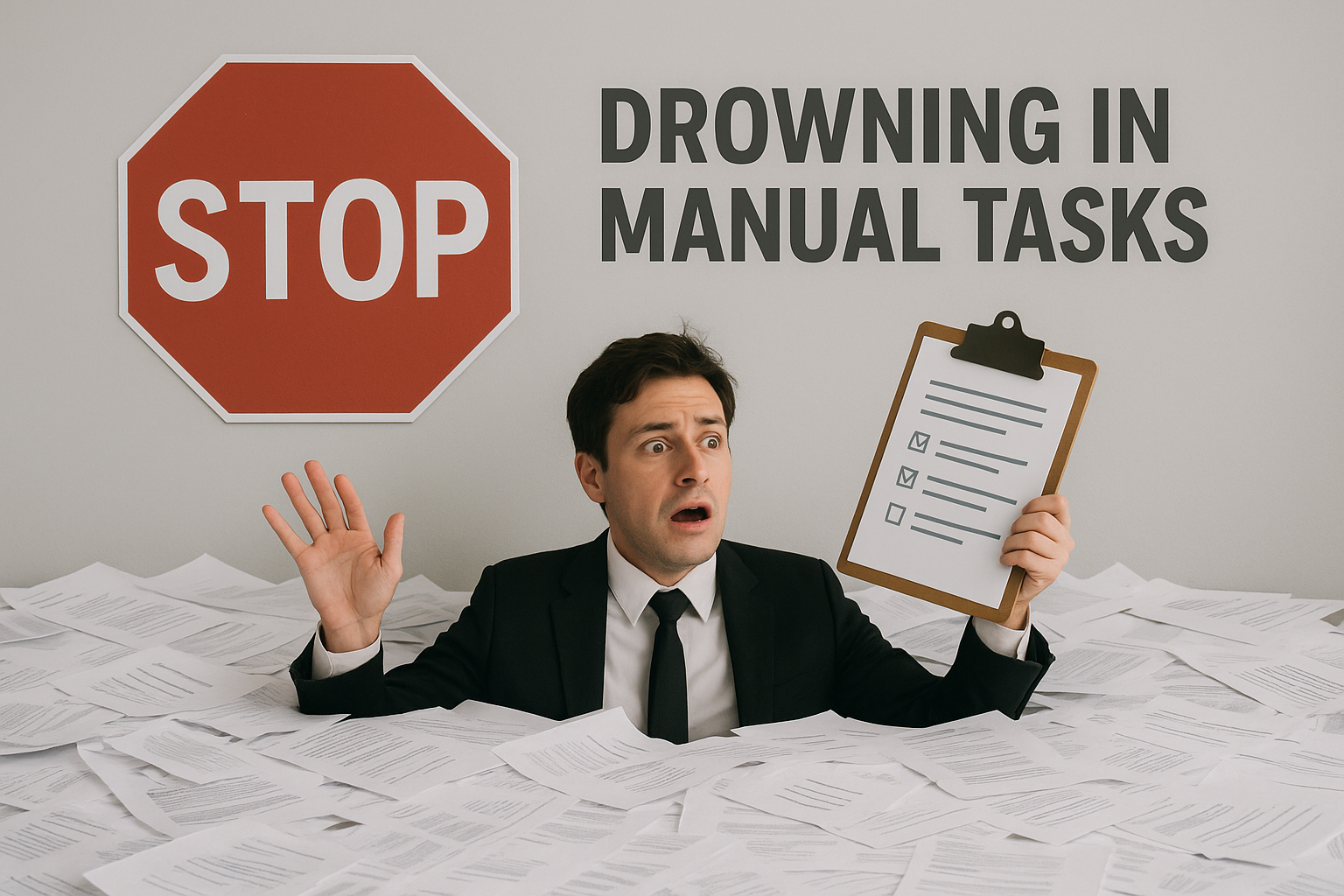Bitcoin seems to be all the rage at the moment, and while we all know vaguely what it is, the tax consequences of investing in bitcoin aren't as apparent. In our two-part series, we look first at the tax effects for individuals who seek to invest in bitcoin. In part two, we will consider the tax implications for companies investing in bitcoin.
There has been plenty of press coverage on bitcoin, but what are the tax consequences if you decide to join the craze? Well, that depends on whether you are running a business, or if you are acquiring bitcoin for personal investment. Here we examine the tax effects if you choose to invest in bitcoin on a personal level.
What is bitcoin?
Bitcoin is the term for a type of cryptocurrency, a digital currency, created in 2009. Bitcoin currency transactions are entered on a peer-networked ledger – called the blockchain – agreed at the same time by multiple hosts. Balances are created and kept using public and private "keys", long strings of numbers and letters linked through mathematical encryption algorithms. The public key serves as an address to which others may send bitcoin, rather like a bank account number. The private key, which is like an ATM PIN number, is meant to be kept secret and is used to authorise bitcoin transmissions.
Income tax and GST
If you decide to acquire bitcoin as a personal investment, provided you are not carrying on a business of bitcoin investment, you will not be assessed on any profits resulting from the sale. Conversely, you will not be allowed any deductions for any losses made in relation to your bitcoin investment. In addition, there will be no GST consequences for you where the bitcoin transaction is not a supply or acquisition in the course of furtherance of an enterprise.
Beware, however, that whether or not you're carrying on a business, and whether or not an acquisition or supply is in the course of furtherance of an enterprise, depends on a number of subjective factors. The factors involved in determining whether you are carrying on a business or the furtherance of an enterprise also differ, which means you could be subject to the GST regime and not the income tax regime and vice versa. It is best to consult us to find out about your individual situation and to ensure that any bitcoin activities are not captured under the income tax or GST regimes.
Using bitcoin for purchases
Bitcoin is not only for investment purposes and some people use it in the same way as one would use money.
Where you have bitcoin and you use it to purchase goods or services for personal use, capital gains or losses from the disposal of bitcoin will be disregarded provided the cost of the bitcoin is $10,000 or less.
Where the cost of bitcoin is $10,000 or more, there may be CGT consequences on disposal and you need to keep records including the:
- date of the transaction;
- amount in Australian dollars sourced from a reputable online exchange;
- purpose of the transaction (ie, what it was for); and
- other party's details (if no other details are available, the bitcoin address would be sufficient).
Unsure? Need more information?
Whether or not you are carrying on a business or making a supply in furtherance of an enterprise could be contentious, especially in cases where large numbers of trades and/or sums of bitcoin are involved. To ensure that you stay on the right side of the tax man contact us today.
Call us at Robert Goodman Accountants on 07 3289 1700 or email us at reception@rgoodman.com.au . © Copyright 2018. All rights reserved. Source: Thomson Reuters. Brought to you by Robert Goodman Accountants.










